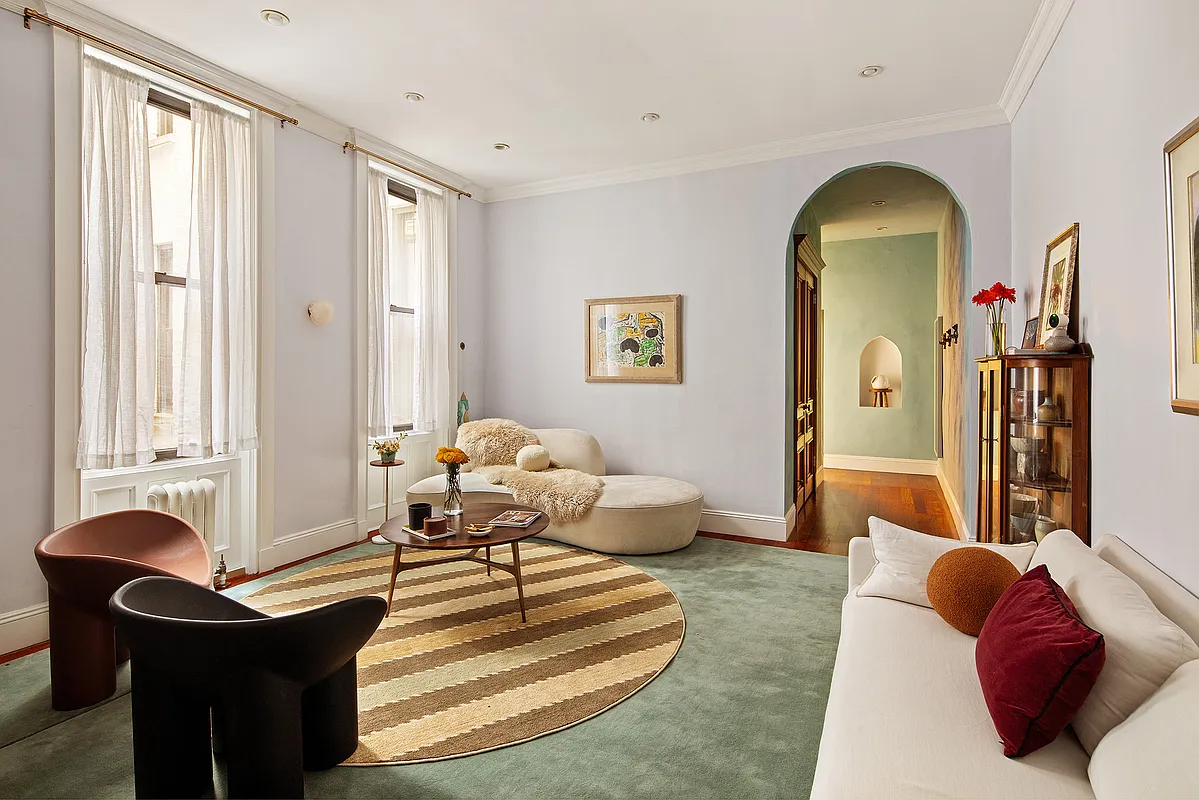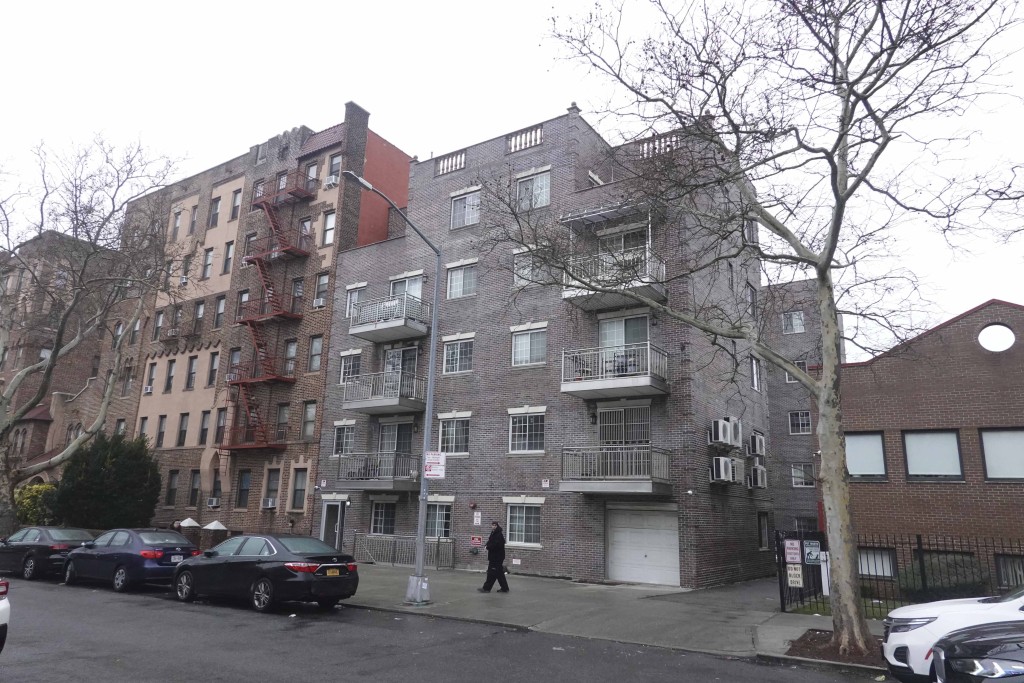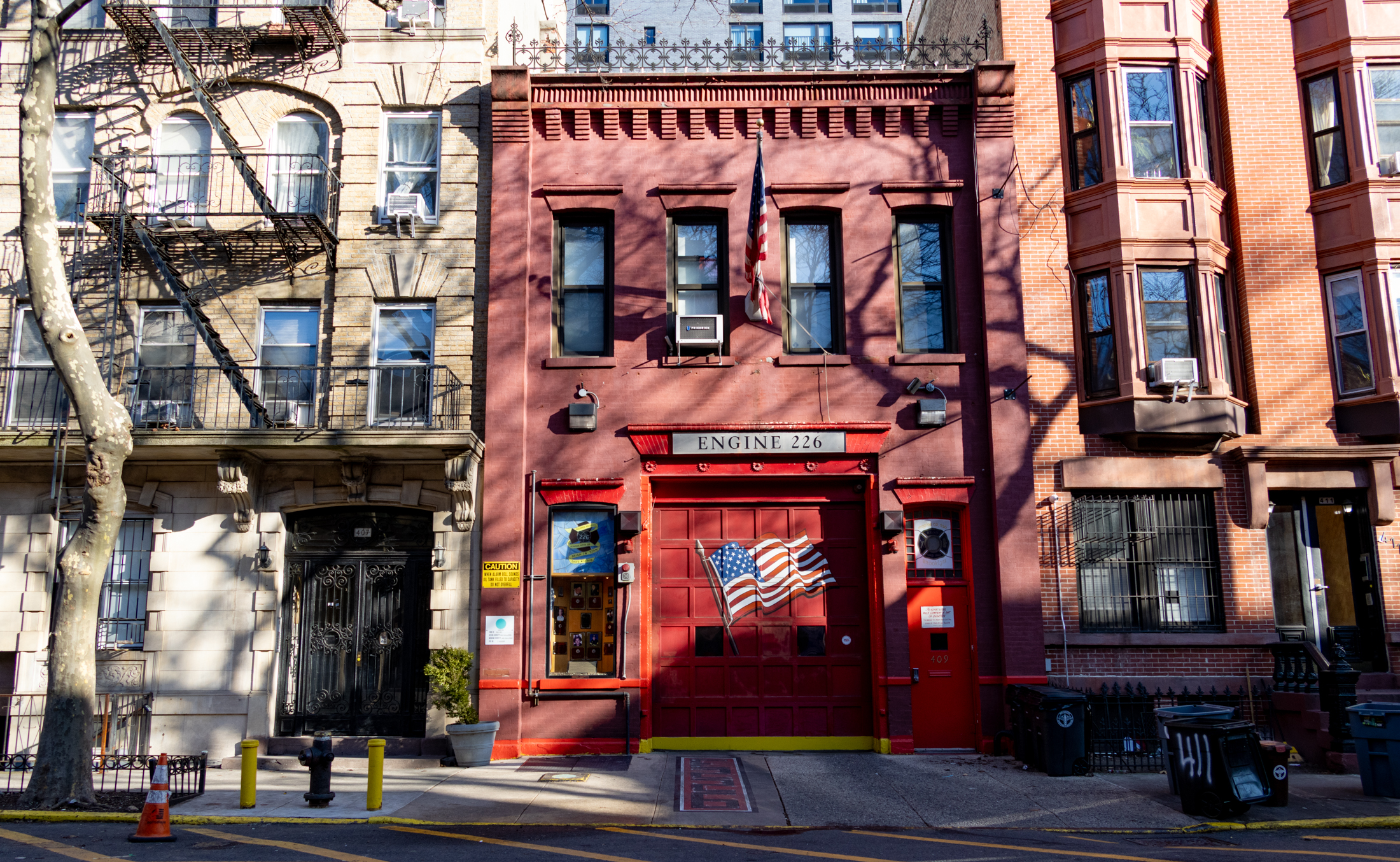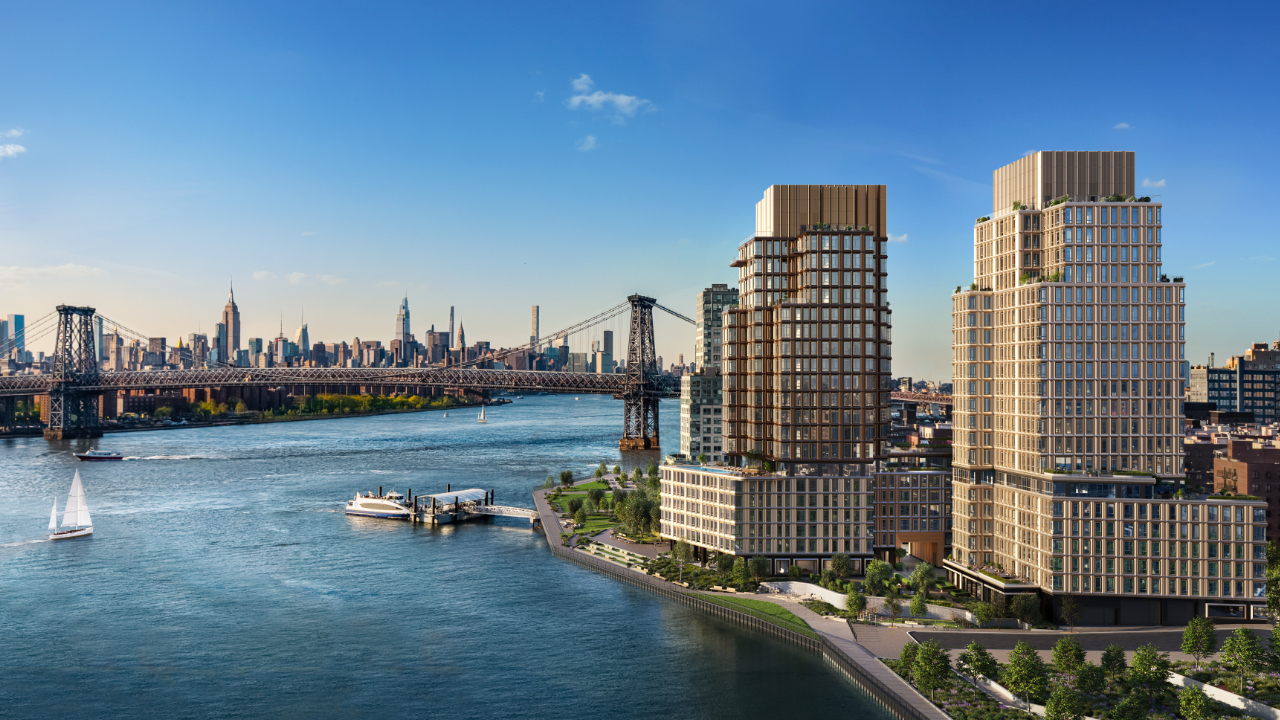How Bad Will The Market Be in '07?
Business Week asked a bunch of economists to look into their crystal balls to try to predict what the housing market would do over the next year. The general consensus was not too encouraging: Home prices will continue to fall in some markets, and the rate of price appreciation will slow in most places. Declines…
Business Week asked a bunch of economists to look into their crystal balls to try to predict what the housing market would do over the next year. The general consensus was not too encouraging:
Home prices will continue to fall in some markets, and the rate of price appreciation will slow in most places. Declines in homes sales, which directly influence price trends, will set the stage for another year of price decreases in 2008. Foreclosures will continue to increase. For those struggling to hold onto their homes, their net worth will shrink as these homes lose value. Long-term mortgage rates will rise. Housing starts will see double-digit depreciation, the sharpest decline since 1991, the worst year for housing starts on record.
You want the good news? Home prices are predicted to be flat to up slightly on a national level in 2007, with many large markets seeing small increases. (Of course, if you own in Southern California, Florida, and Las Vegas, you’re screwed.) And although new home sales are almost sure to be down for the year, existing home sales will probably be flat. And in a glass-half-full spin, housing starts aren’t likely to suffer as sharp a drop as they did in the early ’90s or early ’80s.
How Bad Will the 2007 Property Market Be? [Business Week]





Brownstoner, looks like a few worthless a-holes have taken over. Sometimes I wish for those comment log ins again.
You pathetic renting fools just don’t get it! You missed the boat! You will never afford to live in prime Brownstone Brooklyn – no matter how far real estate prices in Brooklyn fall! No one who makes any serious dough spends their entire day on a freakin’ real estate blog site hoping and praying for 50% correction just so they can someday afford to buy a studio apartment in Park Slope South! Get a life!
did anyone see what the bonuses on wall street will be this year?!!! these people drive the market, so don’t bet on the real estate market in nyc drying up.”
Not this tired argument again. Repeat after me, The fact that I can afford to spend $2 million on a house does not mean that I will, especially if I think that that same house will be worth less in a year. The people on wall street who make the kind of money that you are thinking of (MDs and traders) are not stupid.
heh, stupid, in the past few days 4 wall streeters have called me looking for houses! million dollar houses in brooklyn heights, so….while they may not be stupid, they do need a place to live. ever heard of negotiations, or are you too stupid and living in a rental.
poutre, while you certainly do make a strong point there are some mitigating factors:
-most of those parents probably had zero to no education debt
-health insurance was significantly cheaper
-lifestyle spending was often lower – middle class people didn’t travel, eat out or buy as many clothes/electronics, etc. as often as today
Of course, many other expenses were higher (food, for example, is typically much cheaper today adjusted for inflation) as were mortgage rates. Overall, I’m not exactly sure how homeownership nets out in terms of affordability comparing the 1950s, for example, to today. Anyone have any ideas?
donatella:
Great point, I agree completely. Buying a home is a big decision emotioinally and financially. It is to be entered into with caution and a pleuthora of information.
I realize that this site is geared toward Brooklyn reale state, but I live in Manhattan, so that is my point of reference… having said all that….
I remember when run down brownstones in Harlem was auctioned off for near nothing 10 years ago. But because they were in such great dire need of a complete overhaul that they languished on the market, in ruins.
Those same brownstones are on the market in the same horrid condition for 1.5mil or more! had I known then (or had the financing) what I know now, I would have purchased one of those Brownstones at a City auction and gladly spend the 100k to 200k to renovate it!
I mentioned that the current market is driven by those looking for “all the luxuries and high end amenities” because I have seen this madness in action. i personally am not opposed to sweat equity. There is a great feeling of accomplishment once a renovation is over, especially if you personally did some of the work yourself.
My old boss bought a midtown condo almost 3 years ago. It was a studio with less square footage than my 400sqf one bedroom! I thought she was crazy! And, she barely had a downpayment for the purchase. Borrowed heavily (from family and her 401k plan)to get it.
But I guess her current equity in the property justifies the insanity of the purchase.
KillJoy, you are so POETIC! About this RE market discussion in general, I am pretty tired of it, but 1:23 makes an excellent point about the new buyer’s difficulty in making a decision at this point. It takes a leap of faith to move forward and I am convinced that if long term housing is your objective, you will be OK if you really do your homework and find something appropriate for you that you love.
interesting absolute value comparison: i recently checked the historic sales price of a two family house in greenpoint. it sold in 1981 for around $20,000. my parents bought a 4 bedroom brick ranch style in katy, tx that same year for $30,000. today, the greenpoint house is worth around +/-$800K and the katy house would sell for around $110K. mind blowing.
It is now obvious that many who browse this site and jaded wanna-be owners who gloat angrily at the beautiful homes featured here, knowing that they will never own anything close to them. These are compulsive, begrudging, parlor-window shoppers who rejoice at the slightest spin on this bursting bubble theory that, with real estate being such a prominent topic, is designed buoy a failing print-media empire.
Such news lends hope that, with a failing real estate market, one day they may own one of these gorgeous brownstones or, at best, they can laugh at the fools who commandeered the great white ship of rising real estate values while they remained stranded teary-eyed in their rented caves while depleting their meager salaries.